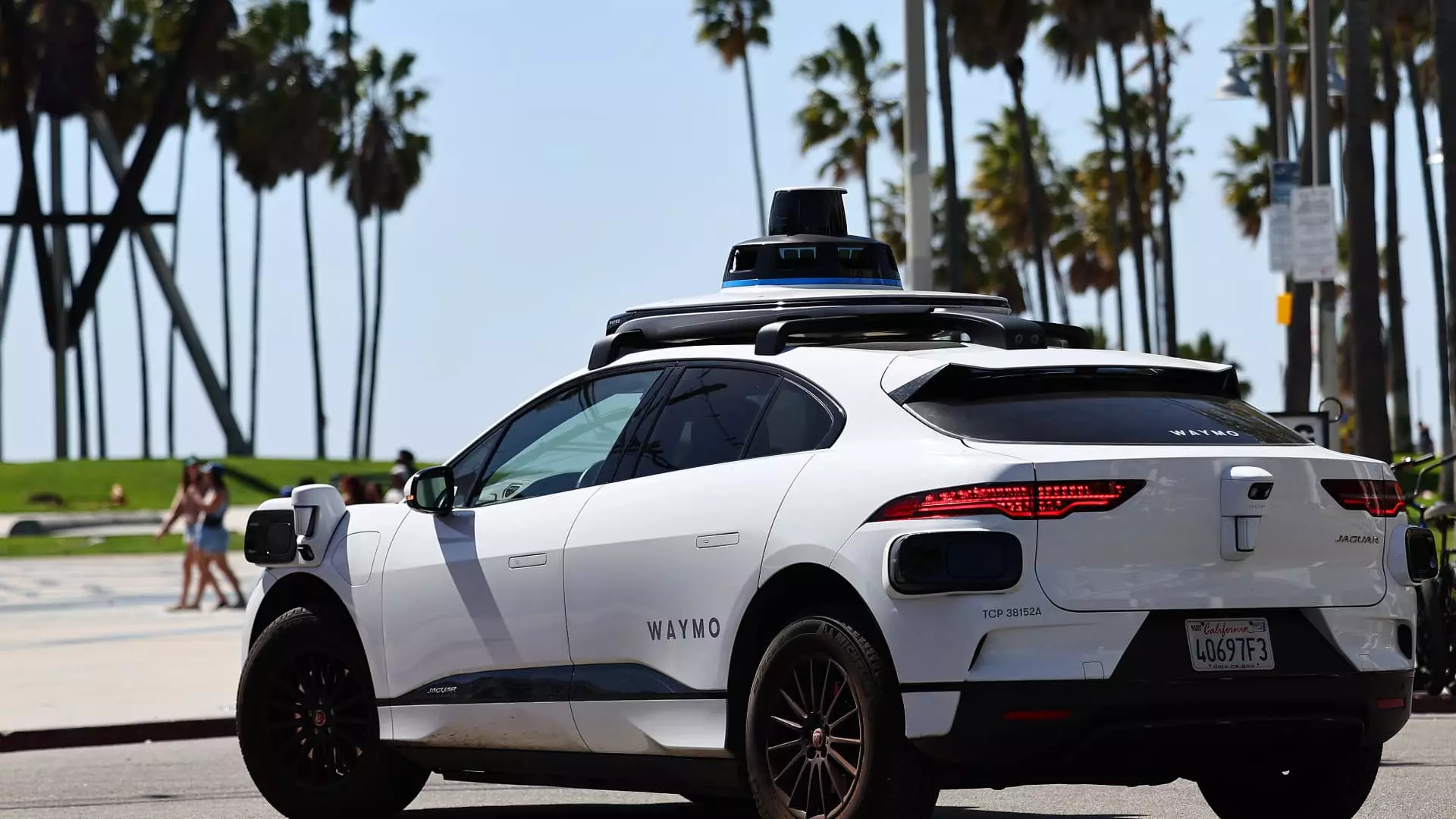In a significant move for the autonomous vehicle sector, Waymo, owned by Alphabet, has successfully closed a $5.6 billion funding round. This infusion of capital is not merely a monetary achievement but a strategic pivot intended to bolster Waymo’s robotaxi service across Los Angeles, San Francisco, and Phoenix—its primary operational hubs. The investors include Alphabet itself, along with renowned firms such as Andreessen Horowitz, Fidelity, Silver Lake, Tiger Global, and T. Rowe Price, reflecting a broad and diverse endorsement of Waymo’s potential.
Waymo co-CEOs Tekedra Mawakana and Dmitri Dolgov underscored the intention behind this substantial investment, highlighting plans to enlarge the Waymo One ride-hailing service and enhance the Waymo Driver for various business applications. With this funding, Waymo foresees welcoming more users not just in its existing markets but also aiming to reach new locations such as Austin and Atlanta through its partnership with Uber. Here, Waymo aims to capitalize on Uber’s extensive network to improve accessibility and service efficiency.
Waymo’s accomplishment in raising over $11 billion in total marks a notable shift in the race for dominance in the self-driving vehicle market. Its efforts distinguish it as a leader in providing a commercial robotaxi service, an achievement not yet matched by other competitors in the sector, including Tesla and Cruise. Despite numerous companies testing autonomous technology on public roads, Waymo remains a significant player actively engaging in commercial operations.
The broad acceptance of Waymo’s service among various demographics, including safety-conscious women and parents finding safer transport options for their children, highlights a unique market positioning. Currently, Waymo conducts over 100,000 trips weekly in its operating regions, showcasing a robust demand for its offerings and a burgeoning trust in its self-driving technology.
However, the journey to widespread acceptance is fraught with hurdles. Recent survey data from the Pew Research Center indicates that two-thirds of Americans express reluctance to engage in driverless vehicle experiences. This skepticism is largely rooted in safety concerns; autonomous vehicles must demonstrate proven reliability before they are embraced as viable alternatives to human-driven transportation.
Despite Waymo’s optimistic self-reported statistics, which suggest that its vehicles are involved in significantly fewer accidents than human drivers, challenges abound. Reports of situations where Waymo vehicles have blocked traffic or operated erratically reflect the ongoing operational nuances that must be managed. To counteract potential mishaps, Waymo has initiated software recalls to boost safety standards, underscoring the importance of continual improvement in algorithmic decision-making.
Strategic Partnerships and Future Aspirations
As part of its forward-looking strategy, Waymo’s recent collaboration with Hyundai to incorporate the Ioniq 5 electric vehicle into its robotaxi fleet further signals its ambition to diversify its technological offerings and expand its reach. Additionally, plans to test vehicles in diverse weather conditions, including harsh winters in states like New York and Michigan, illustrate a commitment to developing a resilient service capable of navigating varying environmental challenges.
Moreover, the intensifying scrutiny of competitors such as Tesla and Cruise only adds to the pressure for ongoing innovation and safety improvements. Tesla plans to unveil its own driverless ride-hailing service in the near future, while Cruise seeks to rectify its operational capabilities following a recent incident involving an autonomous vehicle. As these developments unfold, the competition is likely to sharpen, highlighting Waymo’s need to stay at the forefront both in technology and public perception.
Waymo’s recent funding and the ensuing expansion plans reflect an overarching ambition to solidify its position in the autonomous vehicle market. By scaling its operations and addressing safety and regulatory concerns, Waymo is taking pragmatic steps toward its goal of mainstream acceptance. Nevertheless, as the landscape becomes increasingly crowded with tech-savvy adversaries, continuous innovation will be crucial. The path ahead undoubtedly holds both promise and unpredictability, but Waymo’s current trajectory positions it as a leading entity in the self-driving domain. Time will tell if it can maintain this momentum amidst mounting scrutiny and fierce competition.


Leave a Reply